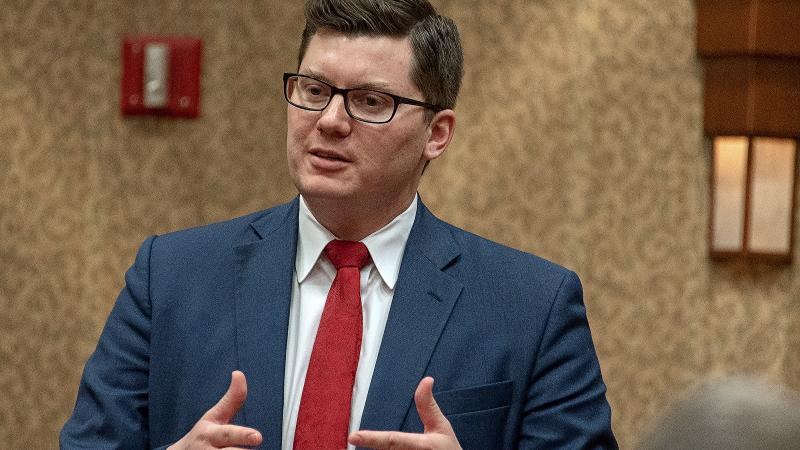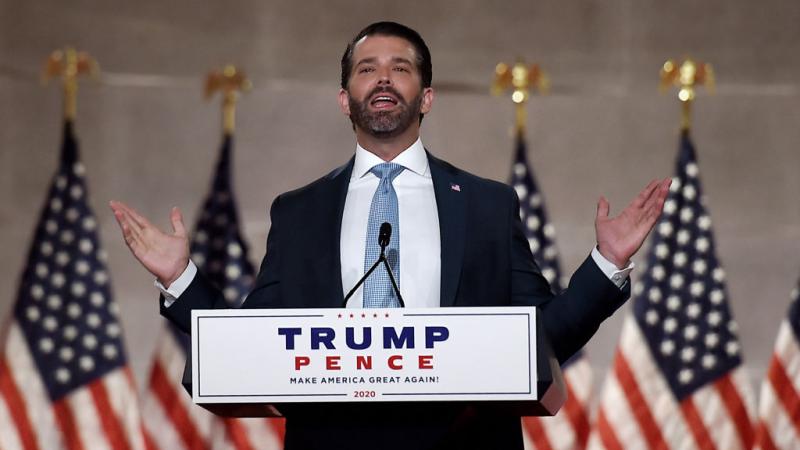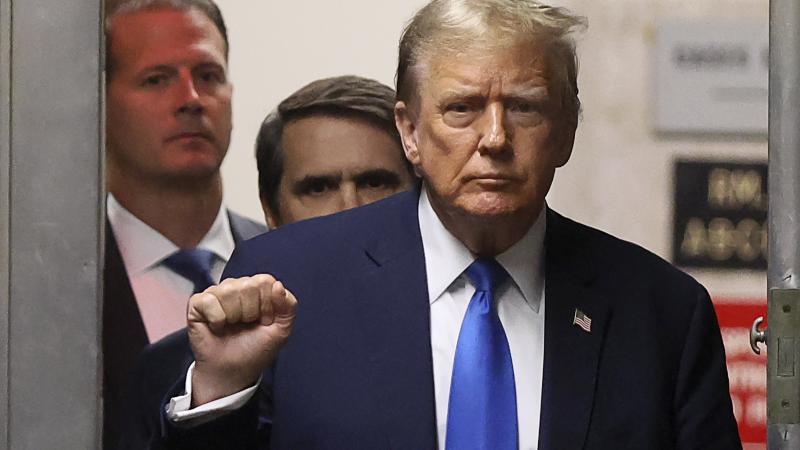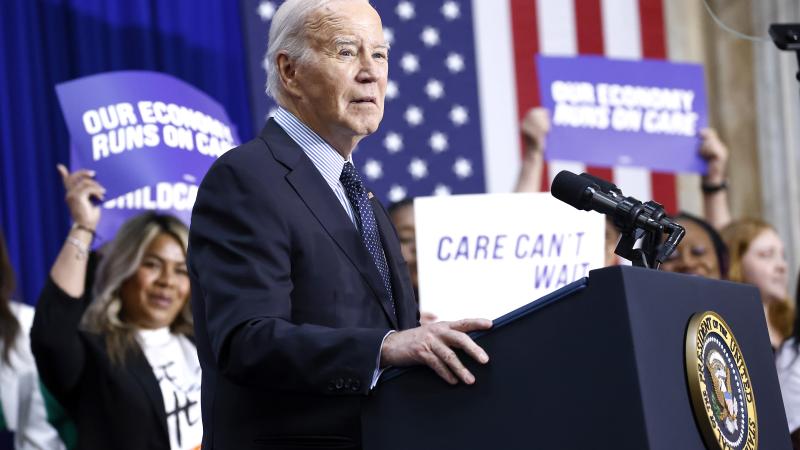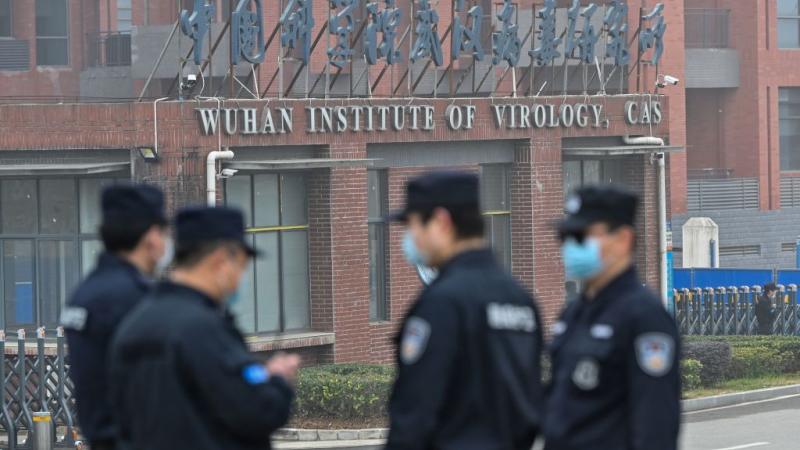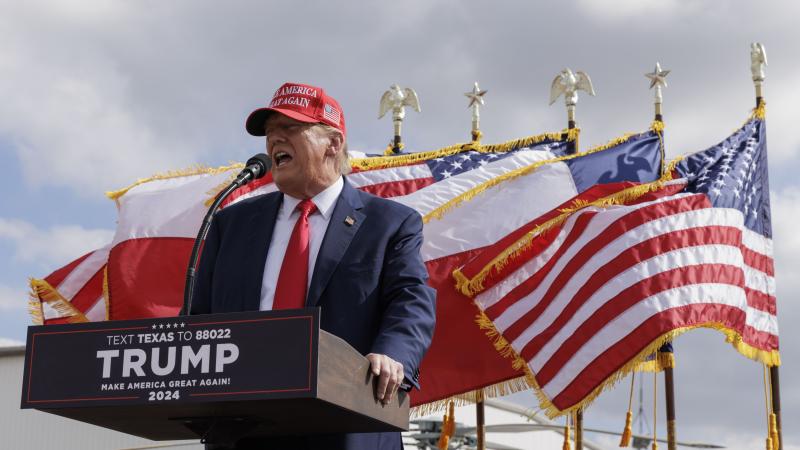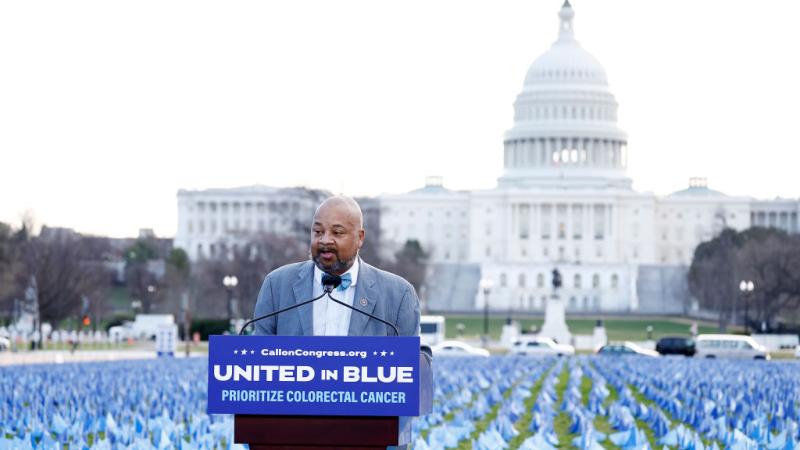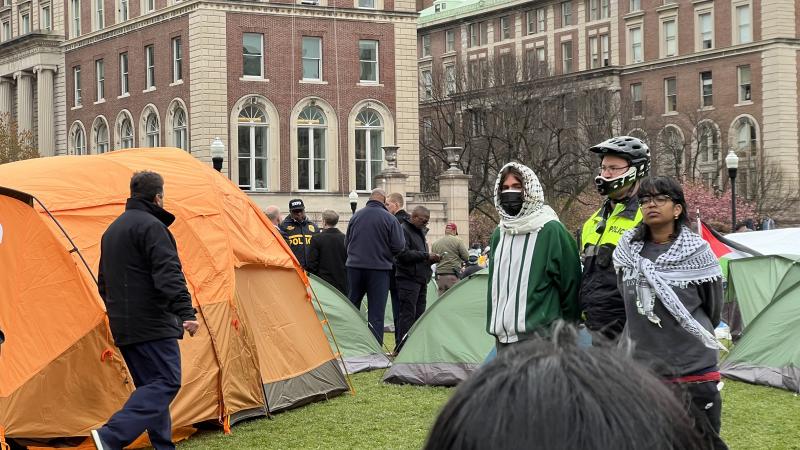Dems' new rules for $7,500 EV tax credit could slow EV transition as automakers struggle to comply
South Korean trade officials are reportedly in talks with U.S. counterparts to delay implementation of the new domestic sourcing qualifications for the EV tax credits.
The new rules that President Biden and the Democrat-led Congress established for the $7,500 federal electric vehicle tax credit could slow down the adoption of electric vehicles in the U.S. market as automakers struggle to comply.
South Korean trade officials are reportedly in talks with U.S. trade officials to delay implementation of the new rules surrounding the qualifications for the EV tax credits.
According to Reuters, South Korean government officials are "expected to tell counterparts from the U.S. Trade Representative's office and the U.S. Treasury that the new law may violate trade norms such as the U.S.-South Korea free trade agreement and the WTO agreement."
The U.S. trade representative's office did not respond to a request for comment on the discussions related to rules for the EV tax credits.
Under the new rules, an EV can qualify for the $7,500 tax credit only if it was assembled in North America. According to Treasury Department guidance, this requirement took effect as soon as Biden signed the $740 billion Inflation Reduction Act. Most EVs made by GM and Ford meet the assembly requirement, but models from Toyota and Kia would not qualify.
The battery sourcing rules take effect next year. Under the new rules, at least 40% of the "monetary value of the critical minerals in batteries" must come from the U.S. or an "American free-trade partner." The battery sourcing rule rises in the law to 80% by 2027. Currently, China-based companies are dominating the supply chain for electric vehicles, according to a report from Rice University’s Baker Institute for Public Policy.
The tax credit requirements, designed to incentivize the adoption of EVs, could have the reverse effect due to the North American assembly and the domestic battery sourcing rules.
Dave Gardner, a Honda executive, said the new rules manufacturers have to meet for its EVs to qualify for the tax credit will slow down the transition to EVs.
Just the News asked a Toyota representative for the company's position on the new rules for the EV tax credit and if the company agrees with Honda that the requirements will slow down EV adoption in the U.S.
"Toyota is committed to an electrified future," said Emily Wilemon-Holland, manager of corporate communications at Toyota. "We'll keep producing groundbreaking BEVs and making the case to policymakers about the best way to keep the momentum moving in the right direction. The incentive encourages further battery investment in the US and that's aligned with our philosophy of build-where-we-sell.
"And while I'm not an expert in regulations, we are encouraged by any incentive that makes battery electric vehicles more affordable and accessible to consumers. For a transformation like this to succeed, many supportive policies beyond the auto industry's control must be in place: new supply chains that incorporate national security allies, usable manufacturing and consumer tax incentives, expedited permitting for critical mineral mining and related processing, and a robust nationwide charging infrastructure across the country.
"We know this is a huge undertaking and the industry and government each have a role to play when it comes to establishing the right conditions for success."
Kia was not available for comment prior to publication.

